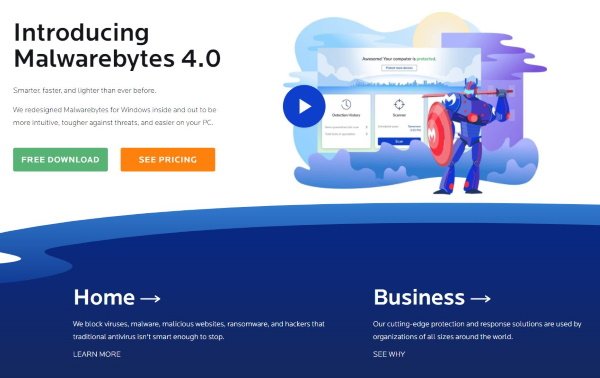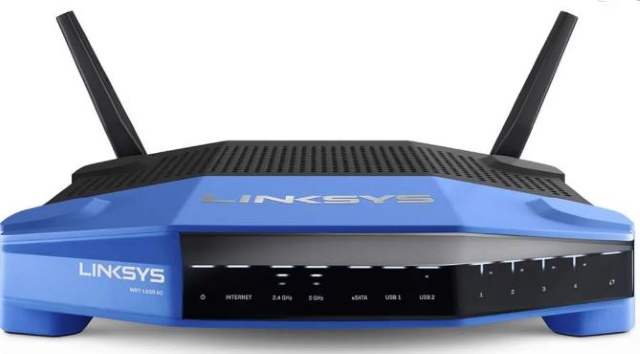Read this if you use Avast antivirus

I have always counselled my computer clients to be careful when installing free software,
especially antivirus. Most programs offer to install ‘helper’ programs such as
browser addons, supposedly secure browsers or other bloat we don’t need. Most
of the time, it’s just software on your device you would never use. In the case
of Avast antivirus, it’s a lot more.
We all know we get nothing for free. The saying ‘if a product is free, you’re the product’ is as
true today as it has ever been. Most of us realise that if we use a free
product, the manufacturer or developer is getting something out of it. Whether
that’s free publicity, free user testing, or in most cases these days, lots of personal
data.
It seems Avast may have been getting a serious amount of your personal data.
No such thing as free software
A piece in PCMag caught my eye the other day. It’s a piece about Avast, a
developer of one of the better free antivirus. The program always asked if you
wanted to install extra software but you could deselect it. It seems a lot of
Avast users didn’t uncheck that box and have been using a browser extension
that has been tracking whatever they did online.
The data is anonymised so what’s the issue? Avast says, “The data is fully de-identified and
aggregated and cannot be used to personally identify or target you.”
Except that the data Avast has been tracking is so detailed that real identities
can be discovered.
Avast has always been up front about collecting user data. It has always said it collects data,
anonymises it and might sell it. However, the sheer detail and scale of that data
collection has never been made clear. The investigation linked above showed
data in such detail that a company or individual with other types of data could
see where you went, at what time, what videos you watched, and wherever you
went online. The detail included within that data is genuinely surprising.
Is free antivirus safe?
I have never paid for an antivirus product. I don’t even use antivirus now, but when I did, I
would always use free products. The protection you receive is the same as
premium products but you just get fewer features and see more ads. The caveat
is to uncheck every box when you install this stuff.
The one thing to remember is; the quality of protection in free antivirus is exactly the same
as premium antivirus. The different is in the features. No antivirus
developer would want potential paying customers to use inferior protection as
it wouldn’t show its capabilities off to its best and convert you. That is the
entire purpose of free antivirus, along with data collection of course.
I used to suggest Avast to my computer clients. It would regularly appear high in AVTest results
and offered fast, effective relief from the pain of viruses. I would always
remind clients to not skip through the installer and to check very carefully
what they were agreeing to but I don’t think I will be recommending Avast
anymore.
Do you even need antivirus?
There is now an argument, especially among Windows 10 users, if you need antivirus at all.
Windows Defender is better than ever and scores almost as well as Avast in
AVTest scores. It is also built into Windows and is designed to work quietly
behind the scenes.
There are also very few new viruses being developed right now. There has been a shift towards
malware, phishing and social engineering as that can be much more lucrative. Viruses
are tough to program and malware goes for much lower hanging fruit.
So do you even need antivirus?
If you’re a Windows 10 user with Windows Defender, you don’t necessarily need extra protection. As long as you have Windows Virus and Threat Protection enabled and set to update
automatically, you have virus protection.
I would still suggest a third party firewall and a malware scanner like Malwarebytes. If you have a home router, make sure the firewall is enabled if it has one and always have a
client firewall operating. Regularly use Malwarebytes or something similar to
scan for malware and you should be fine.
I am a little disappointed in Avast but not entirely surprised. Our data is now currency and
has huge value to marketing companies. It should be no surprise that the scale
and detail of that data collection is much more than we think but there is
still a lot of scope for surprise.
In the end, while Avast has probably made a lot of money from that data, they will lose out in the end. As soon as word spreads about this story, I suspect people will be uninstalling by their thousands. I shall certainly be recommending my clients remove it right away!



